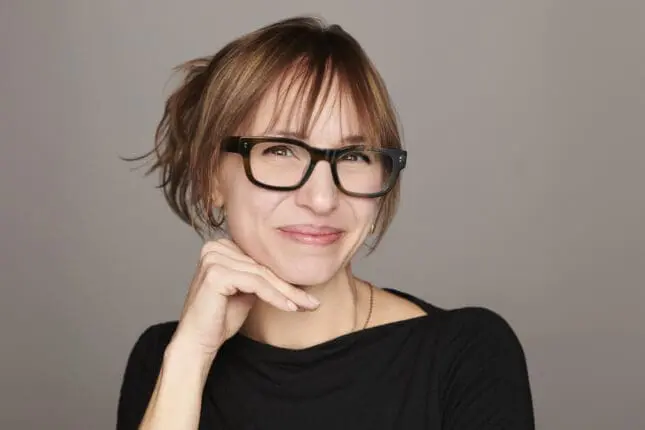I once met with a guy. He didn’t call himself a therapist or a healer. He called himself Dan, an ordinary name for an ordinary guy who nonetheless offered something extraordinary—a safe, albeit illegal, place to have a deeply therapeutic experience on MDMA, psylocibin, or a combination of the two. Dan had come highly recommended by trusted friends, and I’d been struggling for a while with anxiety, bouts of hopelessness, and a long-term sense of disconnection from myself. Before contacting him, I’d seen three different therapists, none of whom had been able to help me make progress.
In a cozy corner of Dan’s suburban basement, there was a futon, a side table with a pitcher of water, and a chair where he would sit for most of the day, ready to give me whatever I needed in the moment—a blanket, a change of playlist, a hand to hold. After I swallowed the MDMA pill, presented on a porcelain saucer, we chatted until I felt ready to lie back, close my eyes, and sink into the soft, instrumental music he had playing.
After a while, I was aware that my hand had come to rest on my heart as a smile crept across my face: a smile that felt, on the inside, like the expression of something so fundamental and true that it was hard to imagine how I’d ever lost touch with it. It felt like I’d tapped a hidden spring bubbling up from my core being. And in that moment, I experienced a profound, visceral sense that everything was . . . okay. Not that the world was okay, or that the things that had happened to me were okay, but that I was okay, on a level so deep it felt like coming home. Even now, six years later, I can still access that bodily sense of safety and wholeness whenever I think back to that day.
I recognize my privilege in having had this experience: I had the money to pay for it and any fears of being targeted by law enforcement were negligible to nonexistent. This was back in 2018, when uncoincidentally, we’d just published an issue of this magazine devoted to psychedelics. At the time, many readers viewed the topic as an ethically risky, ’60s-throwback, fringe pathway to healing. Fast forward to 2024: many prominent therapists are now using legal ketamine in sessions, MDMA may get FDA approval as a prescribable drug by the end of the year (with psilocybin on its heels), and clinicians are clamoring to get trained in approaches that blend psychedelic journeys with other treatments. Indeed, in this issue, Bessel van der Kolk calls the use of psychedelics in therapy “the most important breakthrough in our field, maybe ever.”
So, what now?
As psychedelic-assisted therapy becomes an established part of our mental health care, how do we ensure it’s safe and accessible to all who’d benefit from it? How will it change the practices of boots-on-the-ground therapists around the country? And what if we choose not to use it in our work? Aren’t there other effective ways to achieve “non-ordinary states of consciousness” that can bring about positive change?
Welcome to the new world of psychedelic-assisted healing. It’s no longer a fringe therapy unofficially facilitated by the friend of a friend in a suburban basement. It’s happening all around us, out in the open, and huge cohorts of therapists are getting certified in it. If the coming legislative changes are any indication, it’s not going away anytime soon. And it’s up to us to respond to this shift in mental health care as thoughtfully and responsibly as we can.
Livia Kent
Livia Kent, MFA, is the editor in chief of Psychotherapy Networker. She worked for 10 years with Rich Simon as managing editor of Psychotherapy Networker, and has collaborated with some of the most influential names in the mental health field on stories that have become widely read articles and bestselling books. She taught writing at American University as well as for various programs around the country. As a bibliotherapist, she’s facilitated therapy groups in Washington, DC-area schools and in the DC prison system. In 2020, she was named one of Folio Magazine’s Top Women in Media “Change-Makers.” She’s the recipient of Roux Magazine‘s Editor’s Choice Award, The Ledge Magazine‘s National Fiction Award, and American University’s Myra Sklarew Award for Original Novel.













